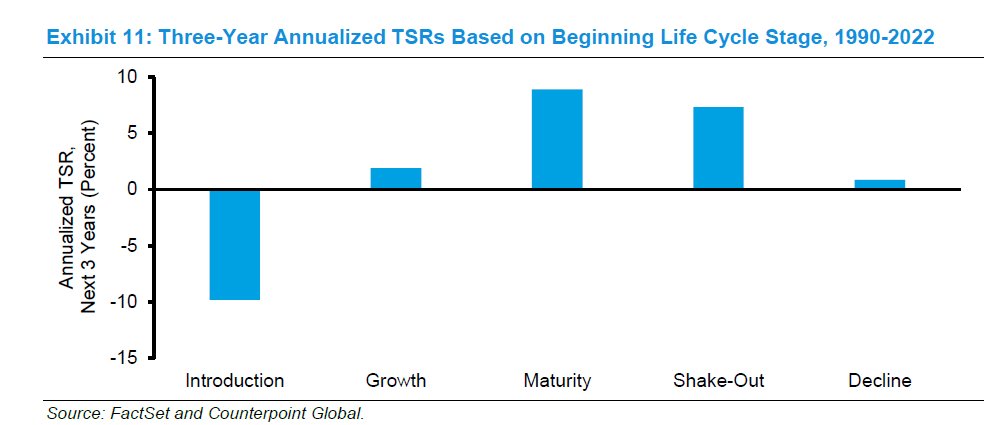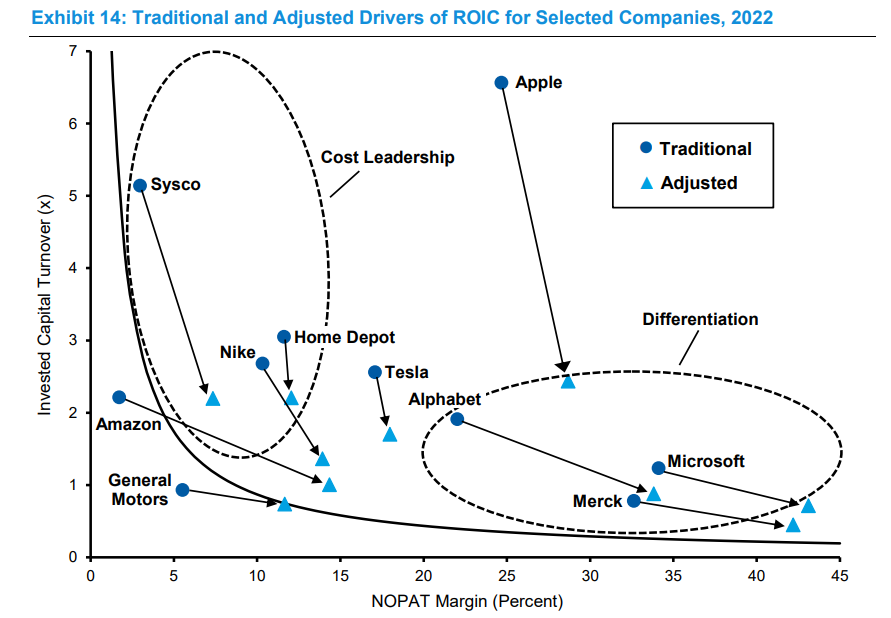"The 11 Laws of Showrunning"
Found so much wisdom and quotes in this essay by a television writer and producer - on ego, managing people, communication, creativity.
"These may be the only Laws not only optional, but tangential to the commonly accepted definition of success."
Found so much wisdom and quotes in this essay by a television writer and producer - on ego, managing people, communication, creativity.
"These may be the only Laws not only optional, but tangential to the commonly accepted definition of success."

A TV show as a startup.
An inventor (writer) had an idea, went to a VC (studio). They took it to a retailer (network) who agreed to front money to build a prototype (pilot). Later, they decided to put the product (the "series") on their department store windows (their "air").
An inventor (writer) had an idea, went to a VC (studio). They took it to a retailer (network) who agreed to front money to build a prototype (pilot). Later, they decided to put the product (the "series") on their department store windows (their "air").

The importance of being a good communicator.
"It relieves your team of the duty to go back into their offices, slaughter a lamb, and read the entrails in the hopes to reveal what the fuck it is that you really want."
"It relieves your team of the duty to go back into their offices, slaughter a lamb, and read the entrails in the hopes to reveal what the fuck it is that you really want."

Ego:
"Every one of the laws asks for the same thing: that a showrunner surrender some quantum of their ego - of their attachment to the idea of themselves as the sole fountainhead of the show's greatness - to serve the show and those who make it instead of themselves."
"Every one of the laws asks for the same thing: that a showrunner surrender some quantum of their ego - of their attachment to the idea of themselves as the sole fountainhead of the show's greatness - to serve the show and those who make it instead of themselves."
Loyalty.
"Your staff works for you. They will do whatever you need done because they enter every conversation knowing that you can fire them. Their indenture is a given. Their loyalty is not."
"Your staff works for you. They will do whatever you need done because they enter every conversation knowing that you can fire them. Their indenture is a given. Their loyalty is not."

"Your job is to communicate a shared vision with enough specificity that everyone understands it, and to then preach it, to the point of exhaustion until everyone - from the directors to guy who embroiders the back of the chairs - feels it in their soul like a gospel." 

"Your job is to make ideas come to life. The first step in doing your job is to commit. Commit early. Commit often. Make committing the same as breathing: you might as well do it now, because you will have to do it eventually." 

"Your creativity is fed by everything around you - especially the great people you hired to facilitate this difficult undertaking - and is not some finite thing that must be hoarded and protected with arcane devices and traps."
"We cling to our delusions, depressions, and darknesses. We mistakenly believe that our creativity is a karmic recompense for the torturous havoc our inner gloom wreaks upon us and must therefore preserve that gloom at all costs."
"You gain mastery the way players master chess: by studying old games, internalizing the patterns, and practicing. Lay-people mistake chess and writing as explosions of genius-level creativity.
Where does the black powder for that explosion
come from? From pattern recognition."
Where does the black powder for that explosion
come from? From pattern recognition."

"Architects can see buildings off blueprints. That's their job. Your job as a showrunner is to see the gross anatomy of the stories the writers pitch you off the shorthand of the board."
"In my experience, the simplest decisions are often the hardest because they demand a painful concession to an unpleasant truth." 

"The worst position for a leader is as the bearer of bad news everyone already knows."
"How you deal with praise, and success, and all the slings and arrows thrown at you - and whether you recognize that you have within it the strength to be that aforementioned flak jacket to your staff - is as true a test of your self-esteem and worth as anything you will face." 

There's a full version
okbjgm.weebly.com/uploads/3/1/5/…
..and a shorter, "nice" version which also doesn't use the f word.
okbjgm.weebly.com/uploads/3/1/5/…
okbjgm.weebly.com/uploads/3/1/5/…
..and a shorter, "nice" version which also doesn't use the f word.
okbjgm.weebly.com/uploads/3/1/5/…
• • •
Missing some Tweet in this thread? You can try to
force a refresh
















